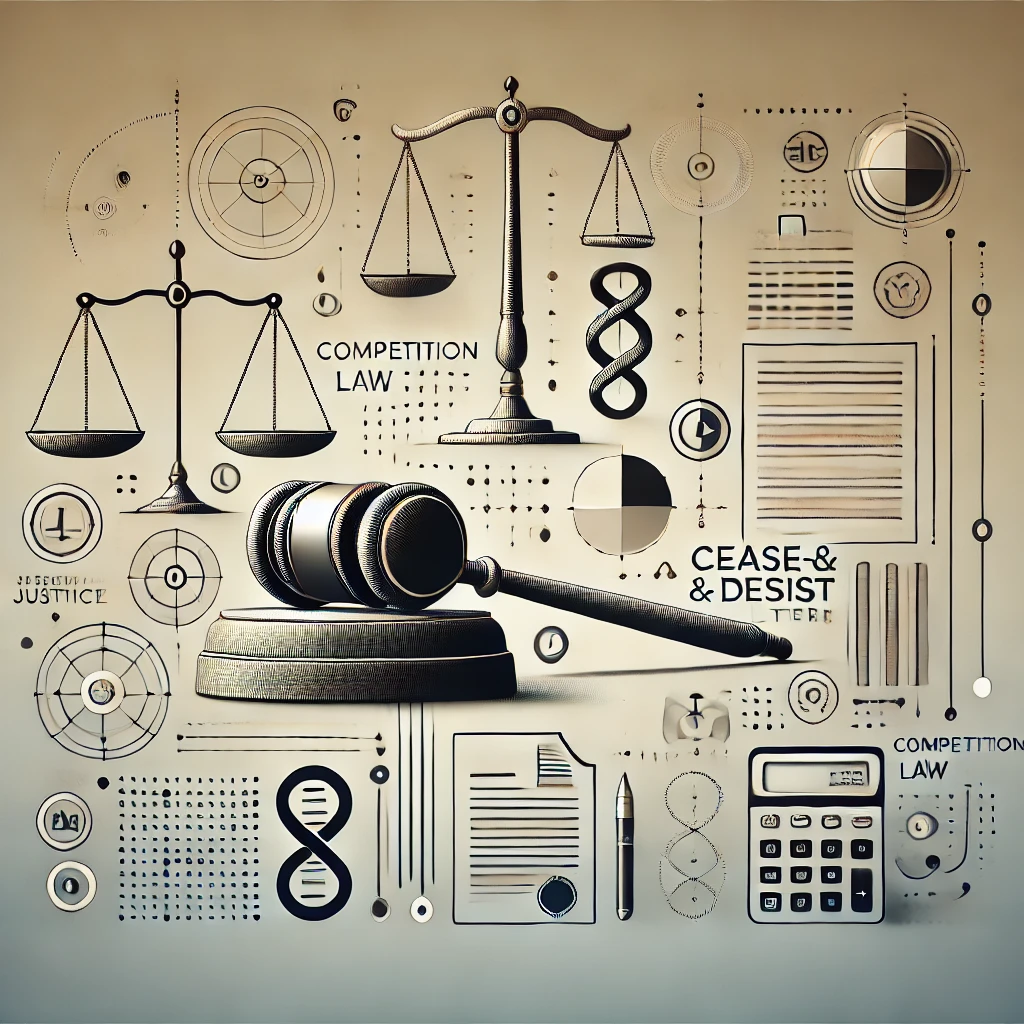Competition law in Germany regulates the behavior of companies in the economic market, ensuring that competition is fair and free from unfair business practices, protecting consumers, competitors, and the public. The foundation of German competition law is the Act against Unfair Competition (UWG), which prohibits certain behaviors that are considered unfair and harmful to market competition.
What is a Competition Violation?
A competition violation occurs when a company breaches the rules of the UWG, thereby distorting competition. Typical violations include:
- Misleading Advertising: When false or misleading statements about products or services deceive consumers. This could involve incorrect price information or misrepresentation of product features. Example: A company advertises a product with “instant effects,” even though the effects only occur after several hours.
- Unreasonable Harassment: This includes unsolicited marketing calls, emails, or other aggressive marketing tactics without prior consent from the recipient. Example: Companies send marketing emails without the recipient’s consent.
- Comparative Advertising: If a company compares its products directly with a competitor’s products in a way that disparages the competitor, this can be considered unfair. Comparative advertising is only allowed if it is objective and not misleading.
- Violation of Labeling Obligations: Companies must fulfill certain mandatory disclosure requirements in advertising or e-commerce. Violations, such as failing to provide an imprint or price information, may be deemed anti-competitive.
- Imitation Protection: Products designed to resemble a competitor’s products too closely, leading to consumer confusion, may also be considered unfair competition.
How is a Competition Violation Pursued?
Competition violations are typically pursued through cease-and-desist letters, which are often issued by competitors or associations. The purpose of a cease-and-desist letter is to resolve the competition violation out of court, giving the offending company a chance to settle by submitting a declaration to cease the infringing behavior.
- Cease-and-Desist Letter: This is an extrajudicial notice in which the sender accuses the recipient of engaging in unfair competition and demands that the recipient cease the offending behavior. The letter typically includes a demand for the recipient to sign a declaration to stop the behavior, backed by a contractual penalty if violated.
- Consequences of a Cease-and-Desist Letter: If the recipient fails to submit the requested declaration, the sender may initiate court proceedings. A cease-and-desist declaration obligates the company to refrain from repeating the violation, or else face significant penalties.
- Responding to a Cease-and-Desist Letter: Companies should take cease-and-desist letters seriously and seek legal advice. Signing a declaration too hastily can have far-reaching consequences, as it often includes long-term obligations. A lawyer can help review the claims and, if necessary, draft a modified cease-and-desist declaration that limits the scope of the obligations.
Competition Law and Foreign Companies
Foreign companies offering products or services in Germany may also fall under German competition law, particularly if they operate a German-language website targeting the German market. By operating a website that is clearly aimed at German consumers, a company may be held liable for competition violations under German law.
Conclusion
Competition law in Germany sets strict requirements for companies operating in the German market. Violations of the UWG can result in serious legal and financial consequences. It is advisable for businesses to be familiar with these regulations and seek legal advice early to avoid cease-and-desist letters and costly litigation.
- Understanding cyber diplomacy as a strategic necessity - 19. June 2025
- Israel and Iran: Cyber Espionage, Cyber Warfare and Cyber Defense in Comparison - 19. June 2025
- Israel: Cyber Espionage, Cyber Warfare and Cybersecurity - 19. June 2025

